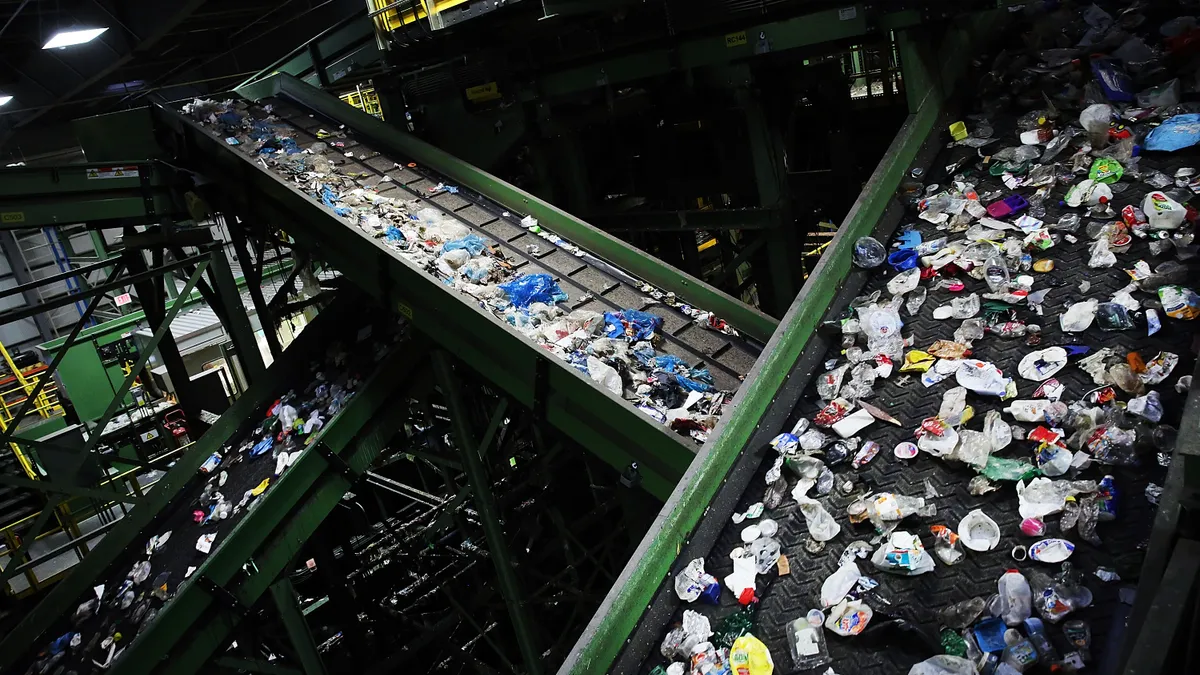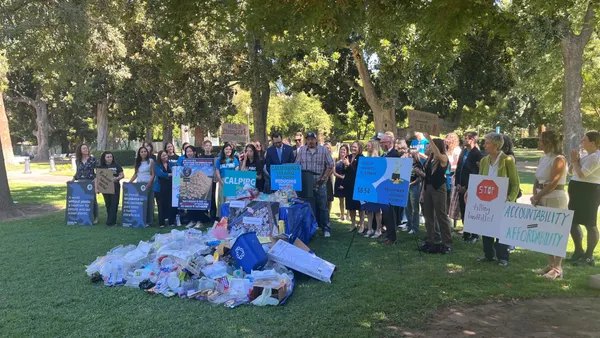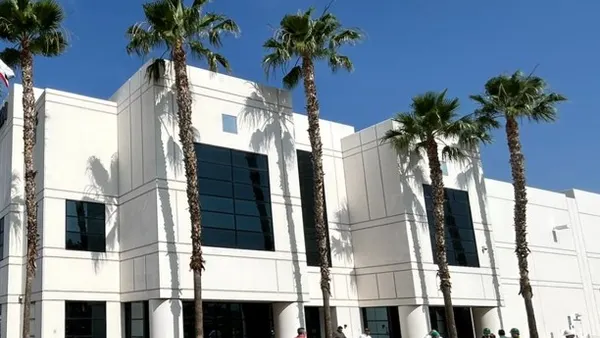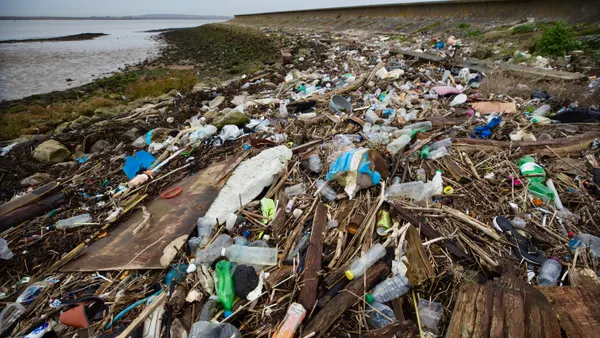Dive Brief:
- The National Recycling Coalition (NRC) has scheduled the first of multiple "Recycling Markets Development in the 21st Century" workshops for April 4 in Portland, OR. Future events are being planned for the Midwest and the Eastern U.S.
- The event will feature presenters from multiple sectors to help "build understanding about the fundamentals of the process, share success stories, address financial opportunities and identify alliances to build recycling markets."
- NRC communications chair Wayne Gjerde told Waste Dive that, in addition to providing a venue for infrastructure conversations, he hopes these workshops will also "rejuvenate and reanimate" state-level market development programs.
Dive Insight:
This concept has been in the works for months, even before news of China's import restrictions came out, but is seen as even more relevant now. Recently appointed NRC Executive Director Marjorie Griek has experience with market development in her home state of Colorado. In November, she told Waste Dive that workshops and regular calls on the topic could "really help this industry be less subject to the vagaries of other nations and commodity prices."
Gjerde has also worked on market development at the Minnesota Pollution Control Agency (MPCA) for decades, and said that attention has helped "ride out the storm" caused by recent commodity fluctuations.
According to Gjerde, Minnesota's processing options include multiple paper mills and plastics processing facilities. Though he said washing, sorting and pelletizing capabilities for other plastics, specifically 3-7s, could still be helpful. Product development has been a focus for MPCA in recent years, including work on compostable serviceware.
Compared to Minnesota, some West Coast states may be in worse shape. Ongoing news from Oregon about temporary disposal waivers and program limitations in some small municipalities has come to exemplify that. NRC's hope is that the first workshop will attract attendees from not just Oregon but also California and Washington.
Gjerde said infrastructure needs are great, but the task of finding domestic solutions can't be solved overnight — but added that even secondary processing options to produce cleaner material for international manufacturers would be a good start.
"Our goal is to add some value, even if it is exported," he said.











